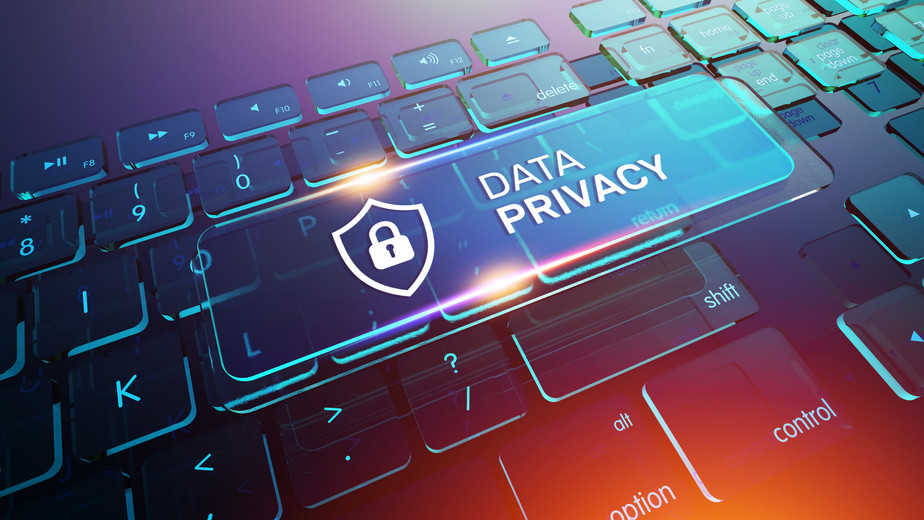5 Online Security Tips
Today is Safer Internet Security Day, but Internet safety is important every day. Did you know that 72 percent of Americans believe their accounts are secure with only usernames and passwords, yet every two seconds there is another victim of identity fraud. Your usernames and passwords are not enough to keep your accounts secure. (Enough is Enough, Internet Safety Statistics, “https://enough.org/stats_internet_safety” Here are 5 tips to securely stay safe online:
1. Create Strong Passwords & Use 2FA
Using passwords that are hard to guess, especially long passwords with a combination of letters, numbers, and symbols are the best passwords. Use a password manager like 1Password, Last Pass, or Keeper to save and keep track of your passwords, in case you forget them. Make sure to use Two-Factor Authentication or 2FA whenever possible. We recommend using an authentication app like Google Authenticator instead of receiving a text message, as this is a safer practice since text messages are not encrypted. Using 2FA with a security key is an even safer option. Make sure your social media profiles have a 2FA setup, especially since hackers have been targeting social media sites like Facebook since the start of the pandemic.
2. Be Careful What you Download
Do not download content from websites that are not trustworthy. Make sure websites you visit have an SSL certificate, especially if you share your data or download from the website. It’s always a good practice to have antivirus software, like Norton or MacAfee installed to automatically scan any downloads. You might accidentally download malware, which can damage and destroy computer systems and networks. Malware means “malicious software” and some common examples include viruses, worms, trojans, ransomware, adware, and spyware. Always be careful of where and what you download, including emails and attachments.
3. Turn On Privacy Settings
Take control and make sure that you enable privacy features to ensure your data is protected from companies online. Whenever possible, go for the strictest privacy features available. Many social media apps like Tiktok and even Facebook do not have strong privacy settings by default, so it’s important to periodically check all of your privacy settings. Be careful what information you share online and on social media especially.
4. Think Before You Post
Avoid posting sensitive personal information online and don’t share too much information when posting on social media. Unless you are an online influencer, less is always more. Identity fraud and online identity theft have become common, especially since the start of the pandemic. When we shop online or do any online task with our online identity, we risk identity theft. It’s a good practice to use Paypal when shopping online since it adds an extra layer of online security. In one of the recent studies submitted by the Federal Trade Commission (FTC) in 2020, approximately 4.8 million identity theft and fraud cases were reported. Almost one-third of cases were scams that involved attempts made to apply and receive government benefits, and adding to that new credit card accounts scam were the next major identity theft. (Money Patrol, What is Online Identity Theft? 3 Crucial Safety and Utility Measures, “https://www.moneypatrol.com/moneytalk/credit-card/online-identity-theft/”
5. Use an Anti-Virus Program
We strongly recommend using an anti-virus software program. Always keep your anti-virus software updated so it can detect potential threats in your system. This is true for Apple users as well. Here are a couple of links to guides that we recommend reading to determine what is the best anti-virus software for both PC and Mac users.
For Windows PC: https://www.cnet.com/tech/services-and-software/best-antivirus/
For Mac PC: https://www.tomsguide.com/best-picks/best-mac-antivirus



